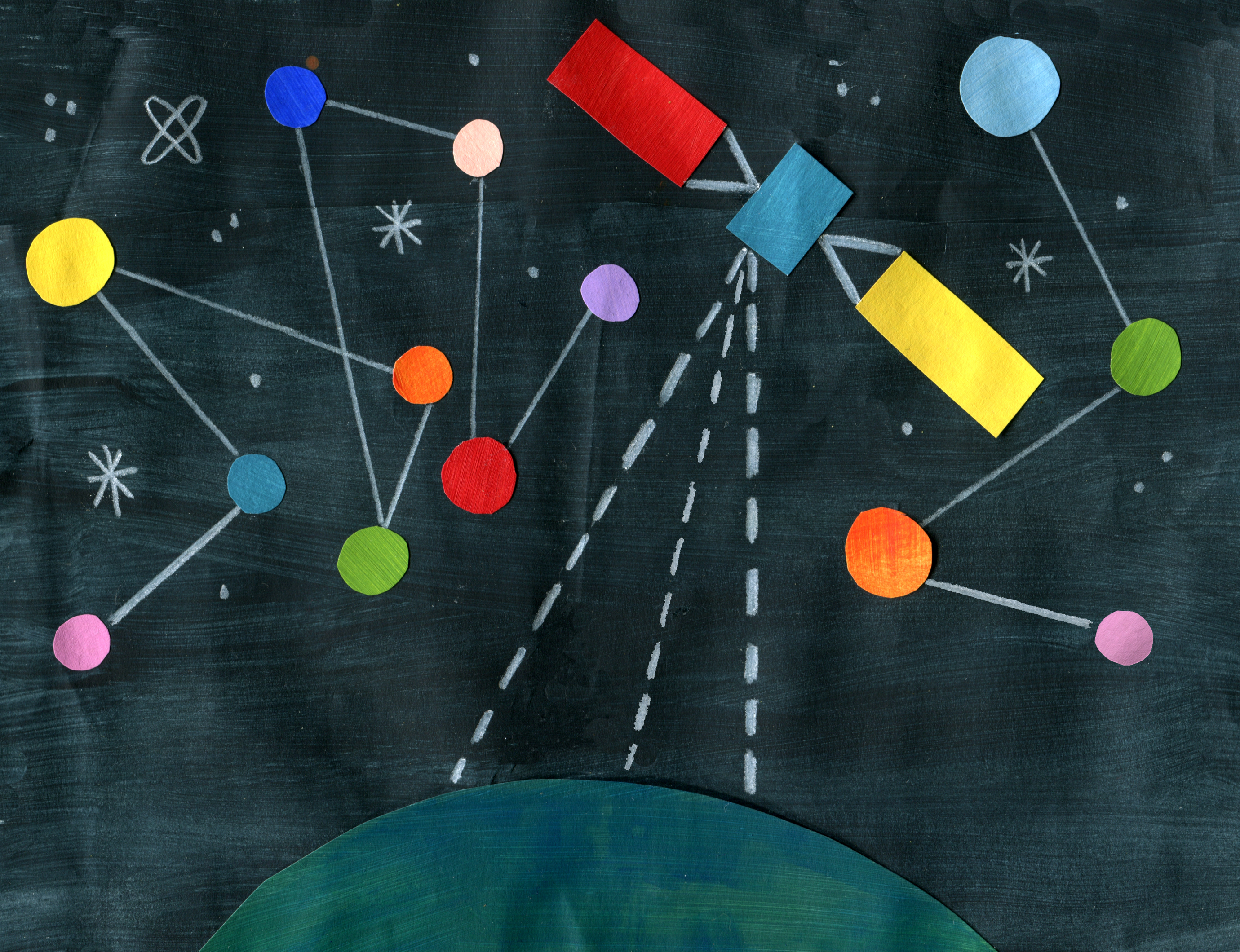Europe’s New Satellite System Will Improve Your Phone

Galileo, a global navigation satellite system that will reach more places and work more precisely than today’s GPS services, is now available for free public use. When it is complete, expected by 2020, Galileo will have taken two decades and an estimated $10 billion to build. But the system, created by the European Union, will make your phone run better and offer new possibilities for both corporate and government users.
With Galileo’s opening, announced this month, providers of a variety of services and devices, from specialized navigation systems to mobile-phone and car makers, will be able to add its signal to that of the 70-odd satellites in the American GPS and Russian GLONASS systems. At least 17 companies are already poised to do so, among them phone makers Huawei and BQ.
The more satellite signals available, the choosier your receiver can be. If buildings or other devices interfere with signals in one direction, your receiver may be able to find a less noisy signal from a satellite elsewhere. This means the Galileo satellites will make it easier to get a signal in places covered by fewer satellites, such as the far north of Europe, and provide more accurate and faster position fixes elsewhere, says Richard Langley, a geospatial expert at the University of New Brunswick in Canada and a member of a working group focused on research uses for Galileo’s data. Just one additional satellite “can make a huge difference” in position accuracy, he says.
When your phone finds less noisy signals, it frees the device’s processor for other tasks, explains Lukasz Bonenberg of the University of Nottingham in the United Kingdom, which is helping to build Galileo. That will allow developers, such as those who attended a Galileo hackathon last month, to design software that focuses on using location data rather than helping to interpret it, he says.
Galileo should also speed up search-and-rescue operations. Today it can take hours for a distress signal to reach enough low-orbiting satellites to confirm a position. Navigation satellites, which orbit higher, are more suitable for the task, but only the newest GPS and GLONASS satellites have the right hardware. All the Galileo satellites have it, and they should be able to locate rescue beacons in 10 minutes. An encrypted channel will be available to government agencies for emergency services.
Today the Galileo constellation consists of 18 satellites. Six more, enough for full global coverage of Earth, will be launched over the next three years by the system’s operator, the European Space Agency. (There will be six backup satellites as well, Galileo having learned a lesson from GPS and GLONASS’s struggles with dud satellites.)
Galileo is one of a growing number of satellite navigation systems. China is building its own, BeiDou, also scheduled for completion in 2020. Other countries, including India and Japan, have growing regional navigation systems as well.
These systems are interoperable, and researchers around the world are developing efficient algorithms for combining signals from multiple constellations. As more of these satellites come online, location information will get even better.
Keep Reading
Most Popular
Large language models can do jaw-dropping things. But nobody knows exactly why.
And that's a problem. Figuring it out is one of the biggest scientific puzzles of our time and a crucial step towards controlling more powerful future models.
How scientists traced a mysterious covid case back to six toilets
When wastewater surveillance turns into a hunt for a single infected individual, the ethics get tricky.
The problem with plug-in hybrids? Their drivers.
Plug-in hybrids are often sold as a transition to EVs, but new data from Europe shows we’re still underestimating the emissions they produce.
Stay connected
Get the latest updates from
MIT Technology Review
Discover special offers, top stories, upcoming events, and more.